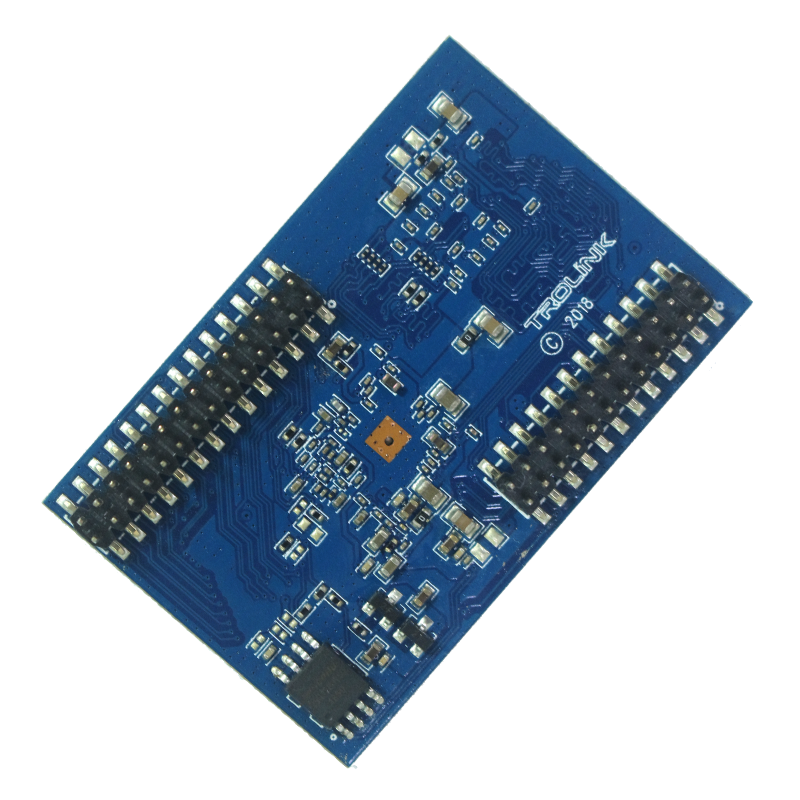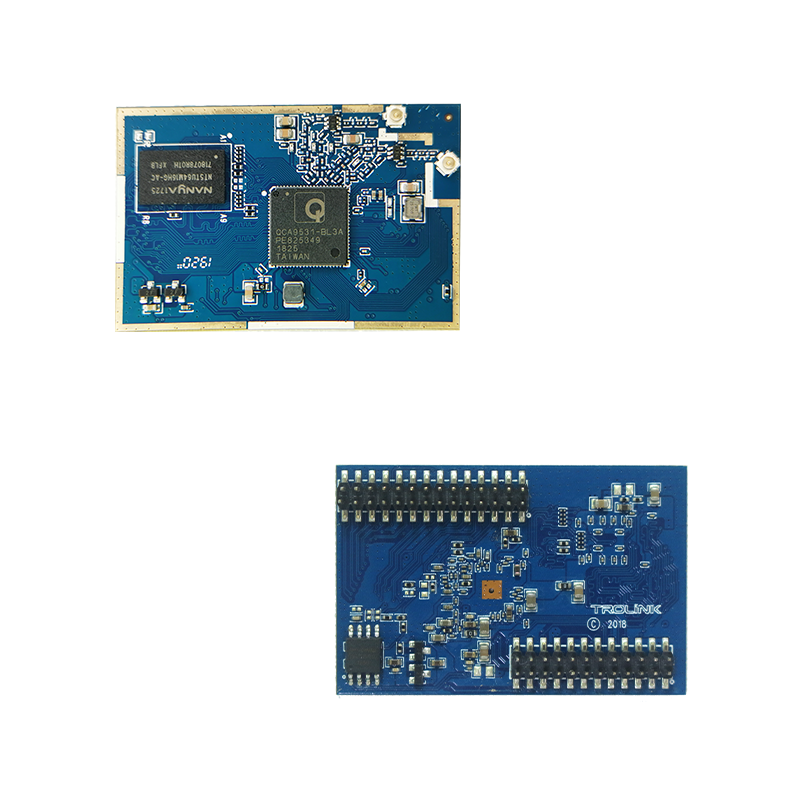As smart devices continue to evolve, energy efficiency is a critical focus for manufacturers and users alike. Low-power router modules are essential in achieving this goal, particularly for devices that rely on extended battery life and remote connectivity. Here, we’ll explore the ways low-power router modules help improve energy efficiency in smart devices and the benefits they bring to IoT applications.
In IoT applications, smart devices often operate in environments where power sources are limited or where battery life needs to be maximized, such as in sensors, trackers, wearables, and remote monitoring systems. Low-power router modules are designed to minimize energy consumption, ensuring devices can stay connected longer while using minimal energy.

Optimized Power Management:
Low-power router modules use advanced power management features, allowing devices to stay in low-power states when not actively transmitting data. For instance, they may operate in sleep or standby modes, consuming minimal power and only activating when necessary to send or receive data.
Efficient Data Transfer Protocols:
These modules support protocols that are designed to minimize energy use during data transmission. By reducing the frequency and power of data transmissions, low-power modules decrease the amount of energy used per data packet, extending the device’s battery life.
Advanced Processing Capabilities:
Many low-power router modules integrate efficient processing units that perform essential data handling and communication tasks without overloading the device. This internal processing reduces the workload on the main device, enabling it to operate at lower power levels.
Adaptability to Low-Bandwidth Needs:
Low-power modules are optimized for IoT applications that require low-bandwidth communication, ensuring that energy usage remains minimal while still providing reliable connectivity. This adaptability is especially crucial for applications like environmental monitoring or asset tracking, where large data transfers are not necessary.
Extended Battery Life:
Low-power modules significantly extend the lifespan of battery-operated devices by reducing the energy required for connectivity. This benefit is essential for IoT devices deployed in remote or hard-to-access locations, as it reduces the need for frequent battery replacements or recharging.
Lower Operational Costs:
By minimizing energy consumption, low-power modules help lower the operational costs associated with maintaining smart devices, especially in large-scale IoT deployments. This cost-efficiency is crucial for industries such as agriculture, transportation, and logistics.
Environmental Impact Reduction:
Devices using low-power router modules contribute to lower energy consumption overall, aligning with sustainability goals. This reduction helps industries reduce their environmental footprint, making it a favorable choice for eco-conscious companies.
Enhanced Device Lifespan:
When devices use less power, they typically experience less wear on batteries and components, which can extend their overall lifespan. This longevity makes low-power router modules a smart investment for companies aiming to maximize the durability of their IoT solutions.

Low-power router modules are ideal for a range of IoT applications, including:
When selecting a low-power router module, it’s essential to consider factors such as data transfer frequency, power management capabilities, and compatibility with existing systems. Trolink’s range of low-power router modules, designed specifically for IoT applications, offers excellent options for those seeking to enhance the energy efficiency of their smart devices.
For more information on Trolink's low-power router modules and other innovative solutions, visit our website.
 Trolink Joint With Tuya to Make Iot Benefit Every Family
Trolink Joint With Tuya to Make Iot Benefit Every Family
 5 Key Indicators for WiFi Module Selection You Have to Know !
5 Key Indicators for WiFi Module Selection You Have to Know !
 IOT module is the brain of smart products
IOT module is the brain of smart products
 What is the signal coverage range of the WiFi module chip?
What is the signal coverage range of the WiFi module chip?